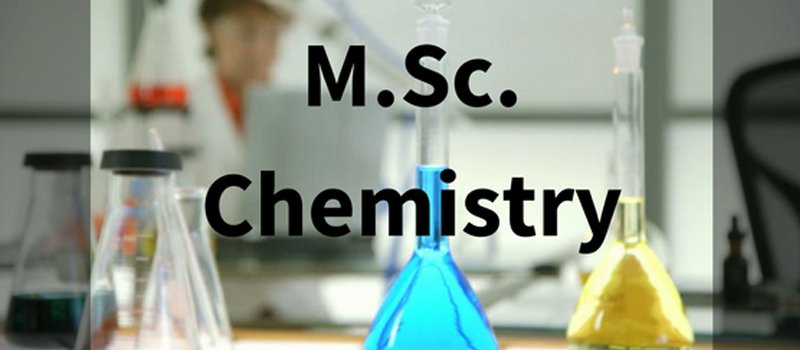
A Master of Science (MSc) in Chemistry is a postgraduate program that provides advanced education in the field of chemistry. It typically involves a combination of coursework, laboratory work, and research. Here are the general details of MSc Chemistry courses and potential career opportunities
The program is usually a two-year course, divided into semesters.
Candidates should have a bachelor's degree in chemistry or a related field from a recognized university. Some programs may have specific prerequisite courses.
Advanced topics in organic, inorganic, physical, and analytical chemistry.
Practical experiments and research in laboratories to develop hands-on skills.
Specialized courses in areas such as biochemistry, medicinal chemistry, environmental chemistry, or materials science.
Many programs require students to complete a research project or thesis in their chosen area.
Conducting experiments, developing new products, and contributing to scientific advancements.
Continuing education with a Ph.D. for a career in advanced research and academia.
Designing and testing new drugs.
Working on projects related to genetic engineering, genomics, and molecular biology.
Developing and optimizing chemical processes.
Improving manufacturing processes in the chemical industry.
Analyzing and monitoring environmental pollutants.
Designing and implementing strategies for safe waste disposal.
Ensuring the quality of products through chemical analysis.
Developing and implementing quality assurance procedures.
Teaching chemistry at the high school or college level.
Pursuing a career as a lecturer or professor in higher education.
Using techniques such as spectroscopy and chromatography to analyze substances.
Analyzing evidence in criminal investigations.
Working in research and regulatory roles in government labs.
Monitoring and ensuring the safety of public health.
Studying the properties and applications of materials.
Working with materials at the nanoscale for various applications.
Developing and improving food products.
Creating and analyzing flavors for the food industry.
Analyzing and refining petroleum products.
Studying energy sources and developing sustainable energy solutions.